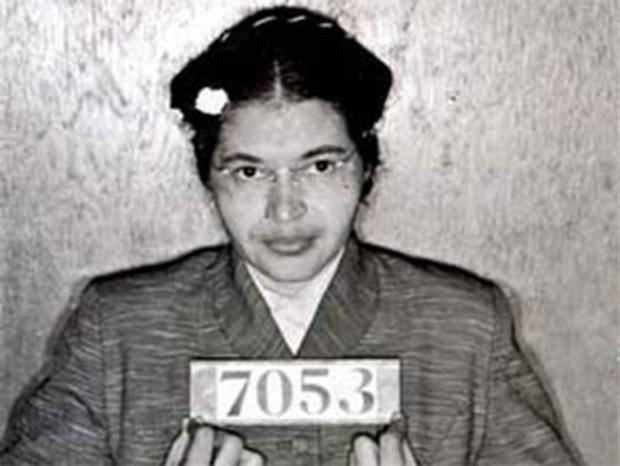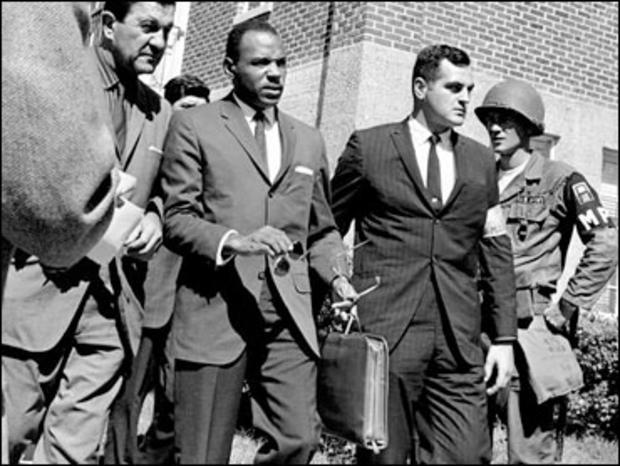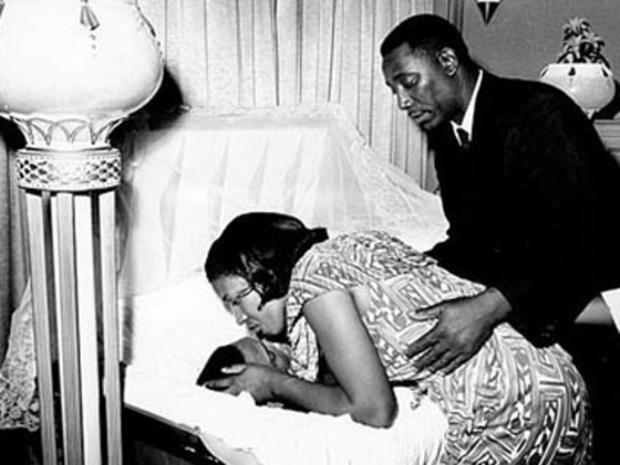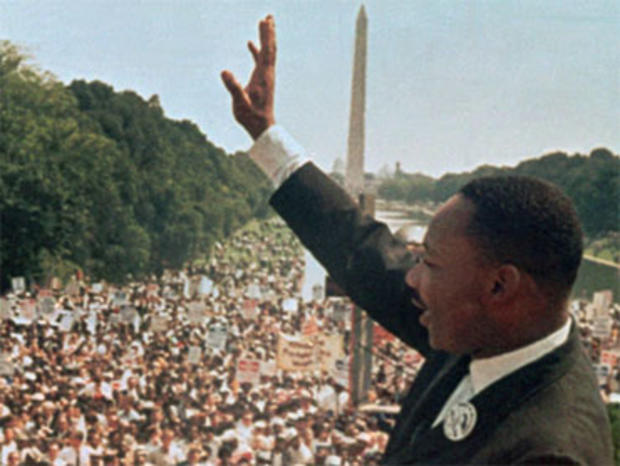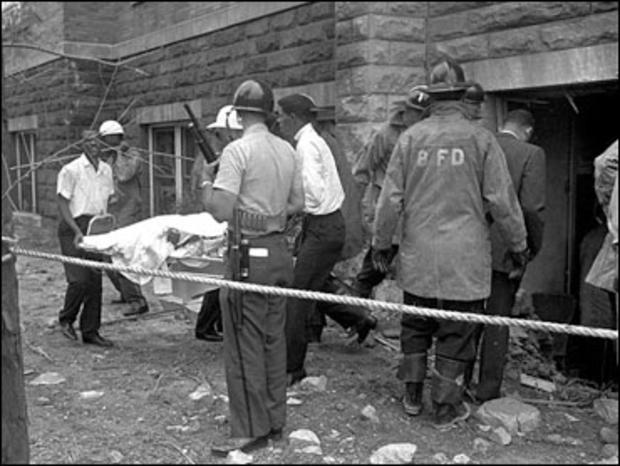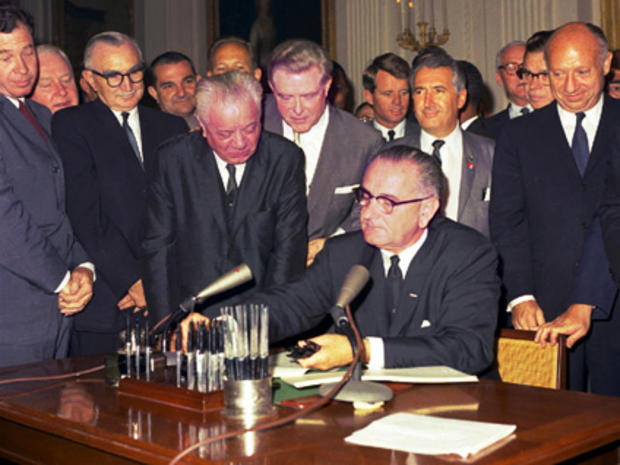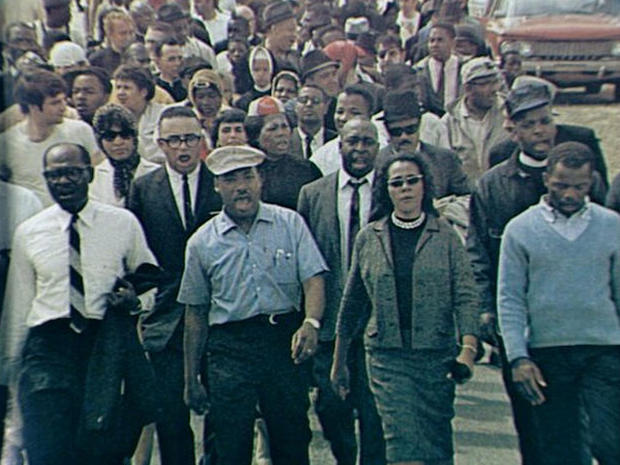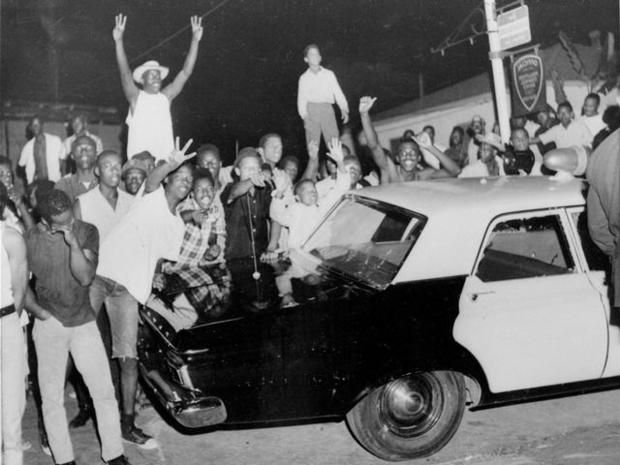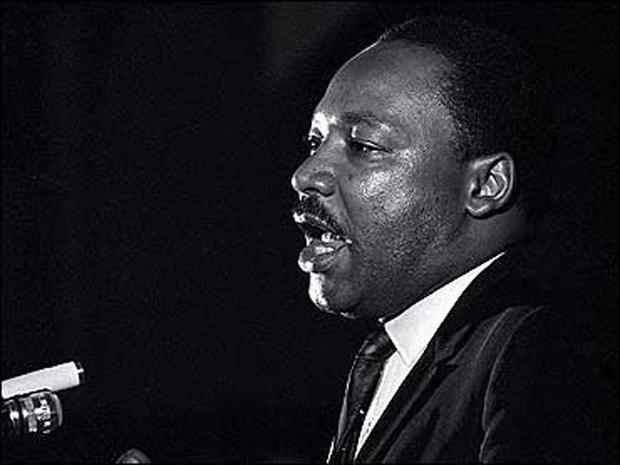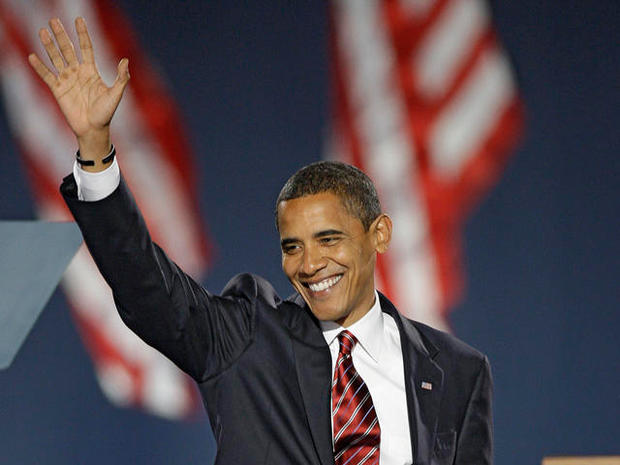Timeline: The modern civil rights struggle
May 17, 1954
School segregation is widely accepted throughout the United States until the U.S. Supreme Court makes a landmark decision in Brown v. Board of Education of Topeka, Kansas, deciding unanimously that separated educational facilities are inherently unequal and therefore unconstitutional. The ruling overthrows the 1896 Plessy v. Ferguson ruling that had set the "separate but equal" precedent.
Dec. 1, 1955
Rosa Parks, a 43-year-old black seamstress, is arrested in Montgomery, Ala., for refusing to relinquish her seat to a white man and move to the "negro" section near the back of the city bus. The next day several black leaders, including Martin Luther King Jr., stage a boycott of the bus system. The protest - called the Montgomery Bus Boycott - continues for more than a year.
Dec. 21, 1956
Basing its dection on Brown v. Board of Education, the Supreme Court says the Montgomery bus segregation rule violates the constitution. The Montgomery Bus Boycott - and the bus system's segregation, end.
Sept. 23, 1957
President Dwight Eisenhower orders 1,000 U.S. Army paratroopers and 10,000 National Guardsmen to restore order to Little Rock, Ark., and escort nine black students into the previously all-white Central High School, which was to be desegregated. Weeks earlier, then Arkansas Gov. Orval Faubus called in the National Guard to surround the school and prevent the black students from entering.
February 1960
The sit-in protests - a movement mostly organized by the Student Nonviolent Coordinating Committee - begins at a Woolworth's lunch counter in Greensboro, N.C. and spreads nationwide. Joseph McNeill, a black college student, had been refused service at the lunch counter. The act sparks a growing movement of nonviolent protest and forces the desegregation at many different public facilities.
May 1961
The Congress of Racial Equality begins a two-year movement of "freedom rides" in Washington, D.C. White and black people travel by bus throughout the South to challenge segregation of interstate transportation. More than 70,000 people participate in the protest and more than 3,500 are arrested.
1962
President John Kennedy, facing constant resistance from many Southern whites on integration, orders Federal Marshals to escort James Meredith to the campus of the University of Mississippi so Meredith, who is black, can enroll. A riot breaks out before the National Guard can arrive to reinforce the marshals. Two students are killed.
April 12, 1963
NAACP leader Medgar Evers is murdered as he enters his home in Jackson, Miss. Byron De La Beckwith is tried twice in 1964, with both trials resulting in hung juries. Thirty years later he is convicted for murdering Evers.
Aug. 28, 1963
More than 250,000 people converge on the steps of the Lincoln Memorial during the March on Washington to hear Martin Luther King Jr. deliver his memorable "I Have a Dream" speech, which urges support for pending civil rights legislation.
Sept. 15, 1963
Four young girls attending Sunday school are killed in the bombing of the Sixteenth Street Baptist Church in Birmingham, Ala. Riots break out across the city, resulting in the deaths of two more black children.
July 2, 1964
President Lyndon B. Johnson signs the Civil Rights Act of 1964, which intends to end discrimination based on race, color, religion or national origin. It is often called the most important U.S. law on civil rights since Reconstruction, the period following the Civil War.
Feb. 21, 1965
Black nationalist leader Malcolm X is shot to death during a rally of his followers at a Harlem ballroom. The militant leader, who had left the Nation of Islam (Black Islam) to found the Organization of Afro-American Unity, had been in a bitter dispute with members of his former organization. Three Black Muslims are convicted for his murder.
March 7, 1965
Several hundred people begin a march to Montgomery to protest the killing of black demonstrator in Marion, Ala. A police blockade halts the crowd at the Pettus Bridge in Selma, Ala., and then uses tear gas and batons against them. More than 50 protestors are hospitalized on the day later called "Bloody Sunday."
March 21, 1965
Martin Luther King leads a successful five-day, 50-mile march from Selma, Ala., to the state capital Montgomery. Thousands of civil rights marchers joined in the walk demanding voter registration rights.
Aug. 6, 1965
Congress passes, and President Lyndon Johnson signs, the Voting Rights Act of 1965, which makes it easier for southern blacks to register to vote by eliminating literacy tests as a prerequisite to vote.
Aug. 11-16, 1965
The southwestern district of Los Angeles - Watts - erupts in fire, looting and violent protests as thousands of black people take to the streets to demonstrate against long-standing social injustices. The riots leave 34 dead and more than 1,000 injured.
April 4, 1968
Martin Luther King Jr. is assassinated in Memphis, Tenn., on the balcony outside his room of the Lorraine Motel. James Earl Ray pleads guilty to the crime, but to this day questions still circulate of a conspiracy involving more people.
April 11, 1968
President Lyndon Johnson signs the Civil Rights Act of 1968, prohibiting discrimination in the sale, rental, and financing of housing.
April 20, 1971
The Supreme Court, in Swann v. Charlotte-Mecklenburg Board of Education, upholds busing as a legitimate means for achieving integration of public schools. Although largely unwelcome (and sometimes violently opposed) in local school districts, court-ordered busing continues in cities such as Charlotte, Boston, and Denver until the late 1990s.
March 22, 1988
Congress passes the Civil Rights Restoration Act, overriding President Ronald Reagan's veto, thus expanding the reach of non-discrimination laws within private institutions receiving federal funds.
Nov. 22, 1991
After two years of debates, vetoes, and threatened vetoes, President George H. W. Bush reverses himself and signs the Civil Rights Act of 1991, strengthening existing civil rights laws and providing for damages in cases of intentional employment discrimination.
April 29, 1992
The first race riots in decades erupt in south-central Los Angeles after a jury acquits four white police officers in the videotaped beating of African-American Rodney King.
June 23, 2003
In the most important affirmative action decision since the 1978 Bakke case, the Supreme Court (5-4) upholds the University of Michigan Law School's policy, ruling that race can be one of many factors considered by colleges when selecting their students because it furthers "a compelling interest in obtaining the educational benefits that flow from a diverse student body."
June 21, 2005
The ringleader of the Mississippi civil rights murders, Edgar Ray Killen, is convicted of manslaughter on the 41st anniversary of the crimes.
June 28, 2007
The Supreme Court, in a 5-4 vote, rejected integration plans in two major public school districts but left the door open for the limited use of race to achieve diversity in schools. The decision in cases affecting how students are assigned to schools in Louisville, Ky., and Seattle could imperil similar plans in hundreds of districts nationwide, and it further restricted how public school systems may attain racial diversity.
Nov. 4, 2008
Barack Obama is elected 44th President of the United States. He is the first African-American president.
